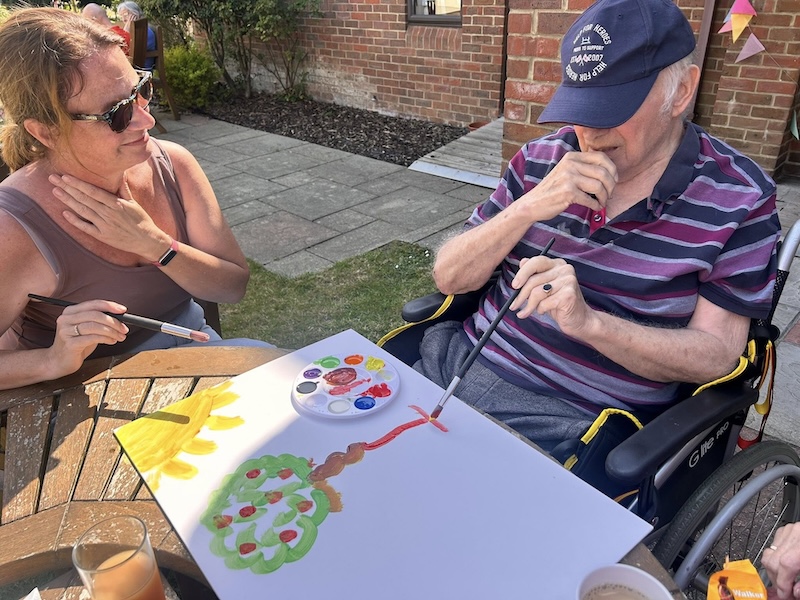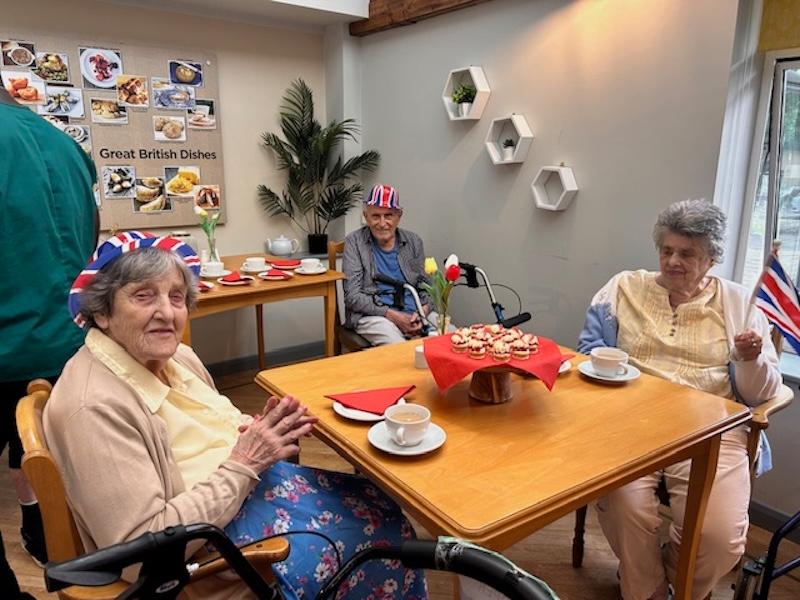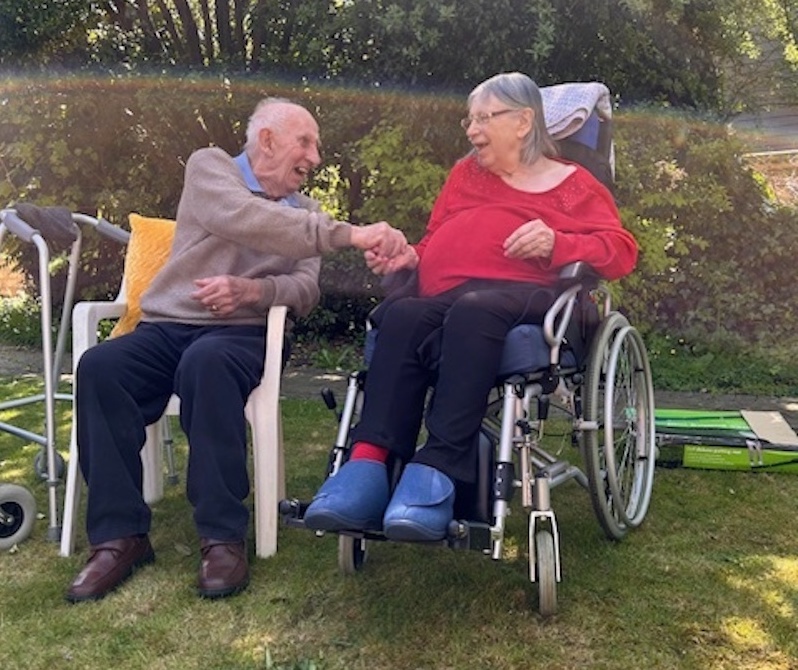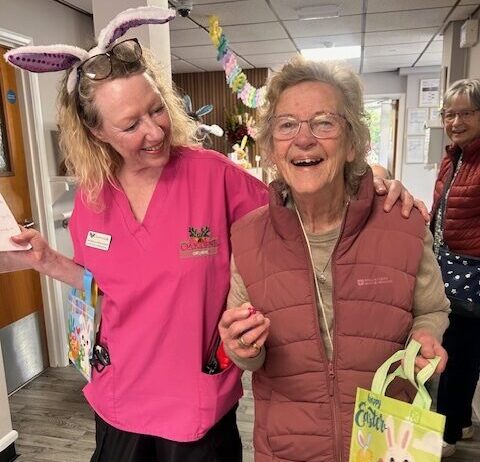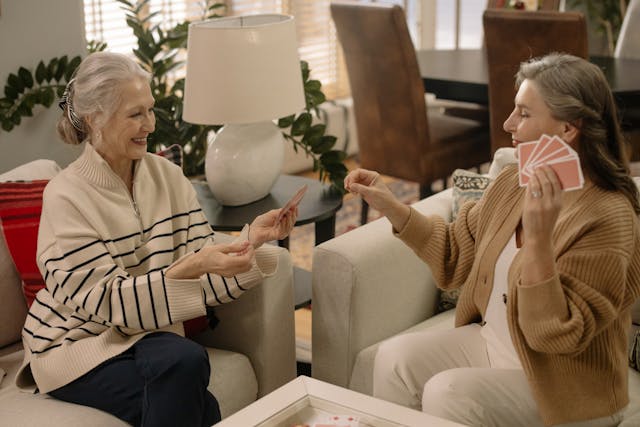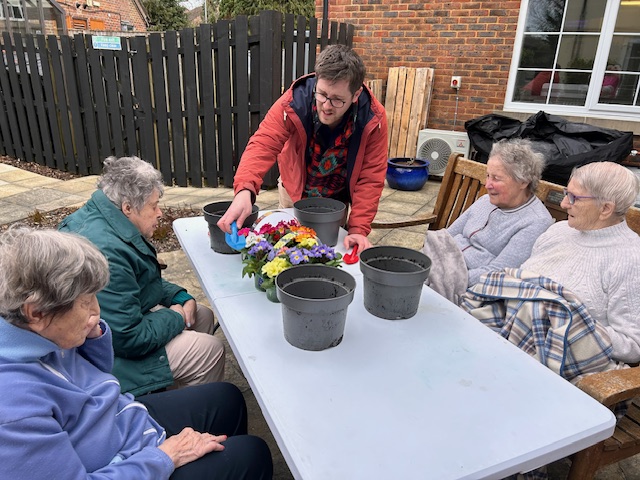Cold Weather Advice for the Elderly
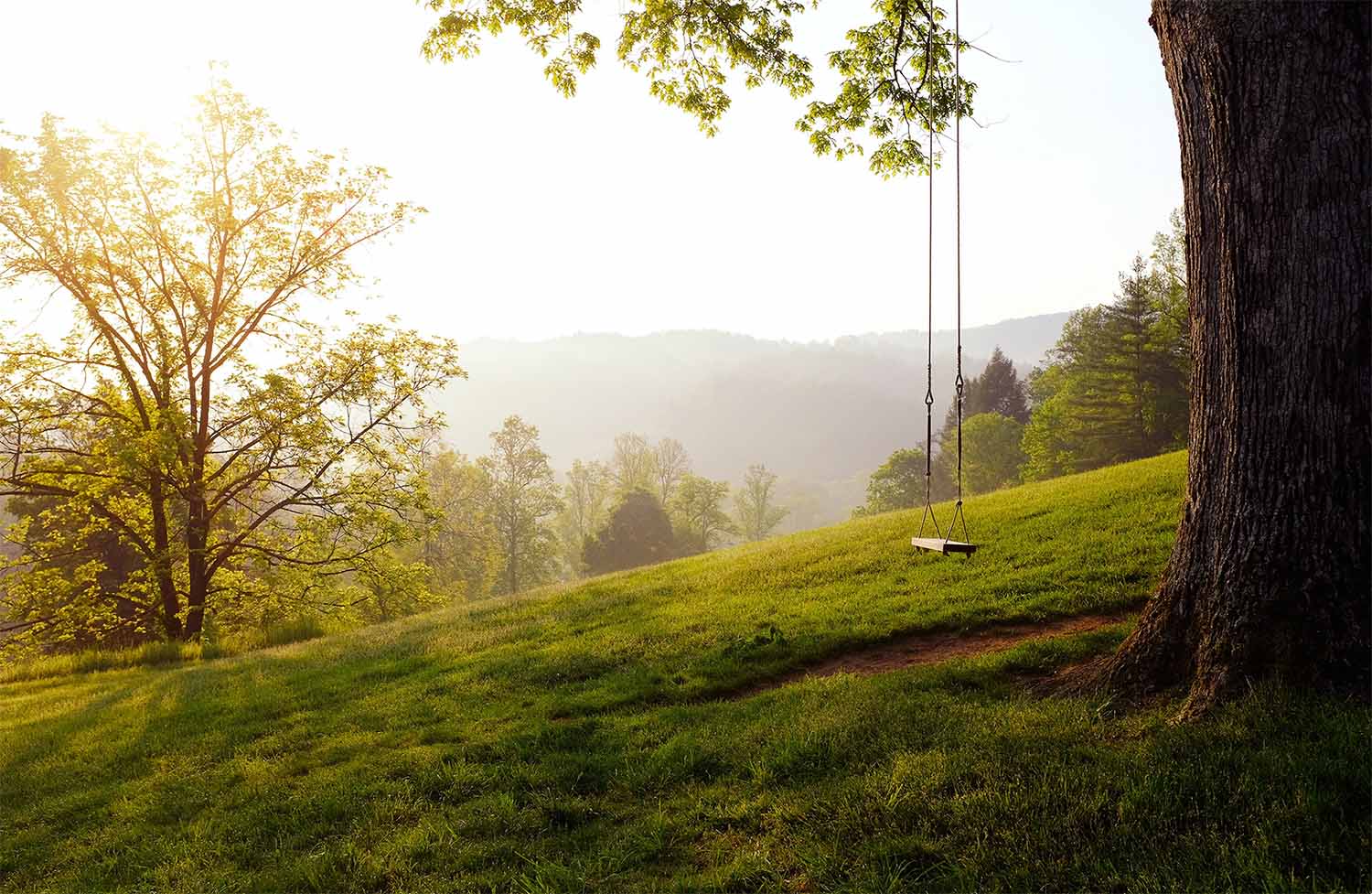
As we age, our immune systems typically tend to weaken and we are then in a position less able to fight off viruses. From around the age of 55, it is suggested that we lose around 1% of our muscle mass every year, and it’s our muscle that keeps us warm. As a result, wintertime and the cold temperatures can bring a range of health risks and complications for the elderly;
- Due to a reduced ability to control and regulate body temperature
- Those with conditions of chronic illness and multiple medications are more vulnerable to the cold
- Those with poor nutrition are more vulnerable to the cold
- The elderly are more likely to remain inactive at home
As the summer ends and we enter Autumn, there are many practical things you can do to look after yourself ahead of Winter 2022. Here are our top 9 tips:
1. Regular Movement
Set an alarm and move every 60 minutes. With each hour, it is encouraged to have small physical movement as even light activity can help maintain strength and mobility. Light physical movement is beneficial compared to sitting or lying down. Examples of light activity include getting up to make a cup of tea, cleaning and dusting, vacuuming, making the bed or taking a very short walk around the house. There are also plenty of chair-based exercise routines that are ideal for keeping moving as shown in this video provided by the NHS.
2. Eat Well, Eat Regularly & Stay Hydrated
The elderly are more prone to dehydration as they tend to eat and drink less compared to those younger than them. In general, people feel less thirsty during the winter and do not drink as much fluid as they should compared to warmer months, and therefore consume less water. Eating regularly, coupled with regular water and fluid intake can help older people stay warm. Good nutrition provides the body with energy and it may also help prevent some diseases, such as osteoporosis, high blood pressure, heart disease, type 2 diabetes, and certain cancers.
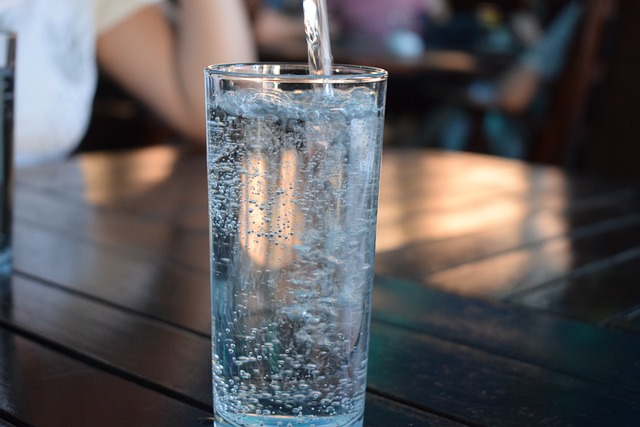
3. Vaccinations
It is well known that viruses are more widespread in winter, so it's especially important for older people to make sure they are up to date with their vaccinations. The flu jab is available for free to those who are aged 65+. The NHS website also states, starting from mid-October 2022, those aged 50 years old or over can have a free NHS flu vaccine. So if you think you're entitled to your latest free flu jab, vaccinations can be booked with your GP, pharmacy or in some cases, at the hospital.
4. Stay Warm
Where possible, it is recommended that you keep the heating on at approximately 18 degree celsius, continuously to ensure consistency of temperature. Other ways to retain heat include
- Closing the curtains to help keep heat in.
- Blocking out the draughts and installing thermostatic radiator valves.
- When sitting, wrap up with a shawl or blanket.
- Air is cooler at ground level, so it can even help to pop your feet up on a footstool.
- If you find it difficult to stay warm in bed, add layers of clothing. If it’s particularly cold, wear thermal underwear, bed socks and even a hat.
- A hot water bottle can be used not only have in your lap but also to pre-heat a chair or the bed ahead of using it.
5. Prevent Germ Spreading
As well as being up to date with vaccinations, there are some other easy measures that are recommended to help reduce the spread of germs, that can be carried and spread every day. Regularly washing your hands with soap and water is one of the best ways to prevent germs from spreading. We also recommend regularly using antibacterial hand gel. It is beneficial to do this both at home and in public spaces, especially when there is colder weather, as people will typically suffer from more colds, the flu and more, during the winter months. So in public areas, it is best to keep safe.
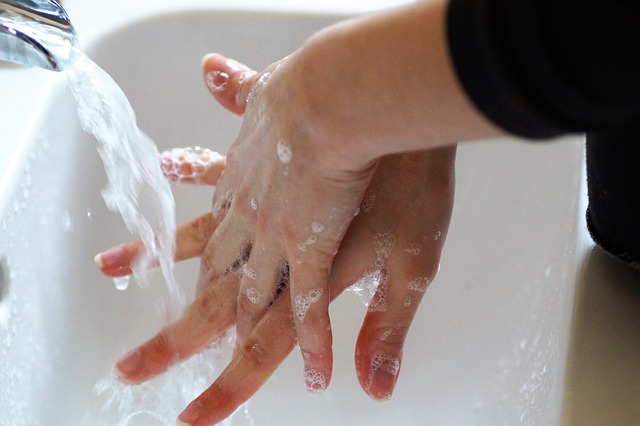
6. Vitamin D
The human body produces vitamin D as a response to sun exposure. During the winter months, it’s advise to boost vitamin D intake through certain foods or supplements, such as fish, eggs, yoghurt and cereals. Those aged 65+ are at a higher risk of not getting enough vitamin D, due to a reduction in the time spent outdoors and therefore time spent in the winter sun. Age UK state “it's recommended that over-65s take a supplement of vitamin D of 10 micrograms per day”.
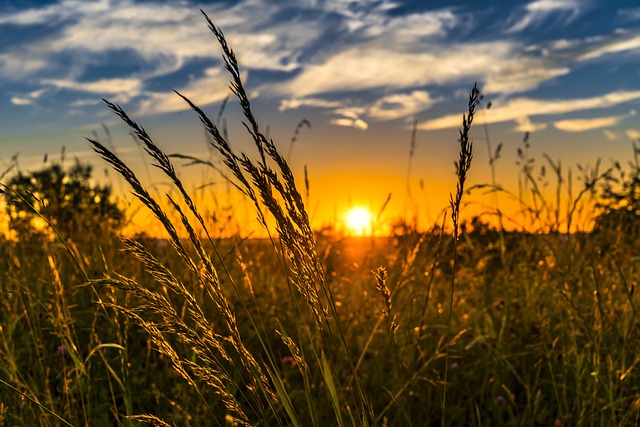
7. Prevent Chilblains
Chilblains are small, itchy patches that can appear on your skin after being in the cold. Chilblains are typically red and appear on toes, fingers, feet as well as the ears and nose. Chilblains typically clear up on their own; if you find they do not show signs of improvement after 1-2 weeks, we suggest contacting your GP or a local pharmacist.
8. A Personal Alarm
During the winter, its common for the elderly to feel more isolated, due to a reduction in the amount of times you may leave your home, and a change in routine. A personal alarm is designed to provide its wearer with reassurance that someone is on hand to help, at any given time. Should the wearer experience a fall or feel unwell, a quick and easy press of a button connects them to a 24-hours call centre, which links them to an emergency contact of their choice. This unobtrusive alarm helps prevent individuals from feeling vulnerable and in turn helps them feel more safe.
9. Keep Warm When Outside
It is crucial to ensure you stay warm when out in the winter months. As well as wearing gloves and a hat, it is a good idea to cover your mouth with a scarf when temperatures drop. Cold feet can also trigger a rise in blood pressure, so choose and wear footwear with a warm lining, or wear thermal socks. It can be best to wear multiple thin layers of clothing rather than a thick layer as it is more effective at keeping warm due to the layers trapping warm air between them.
With particularly cold weather around the winter months, it is always good practice to watch and look at weather reports, which will allow you to be prepared for cold and miserable conditions every day. Dressing appropriately for the weather is so important, especially with older people, who may not be able to store as much body heat. When it comes to winter safety, it is always worthwhile taking extra precautions.
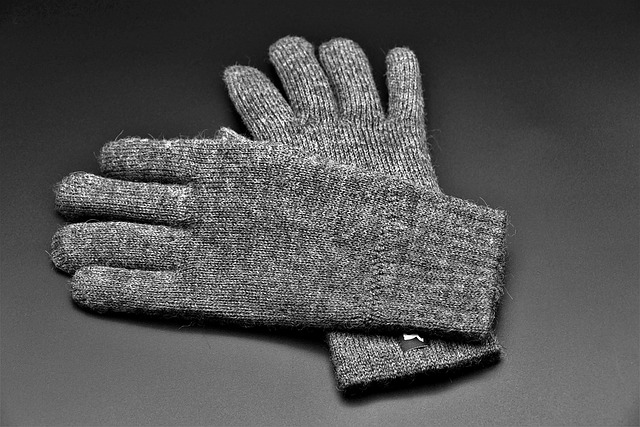
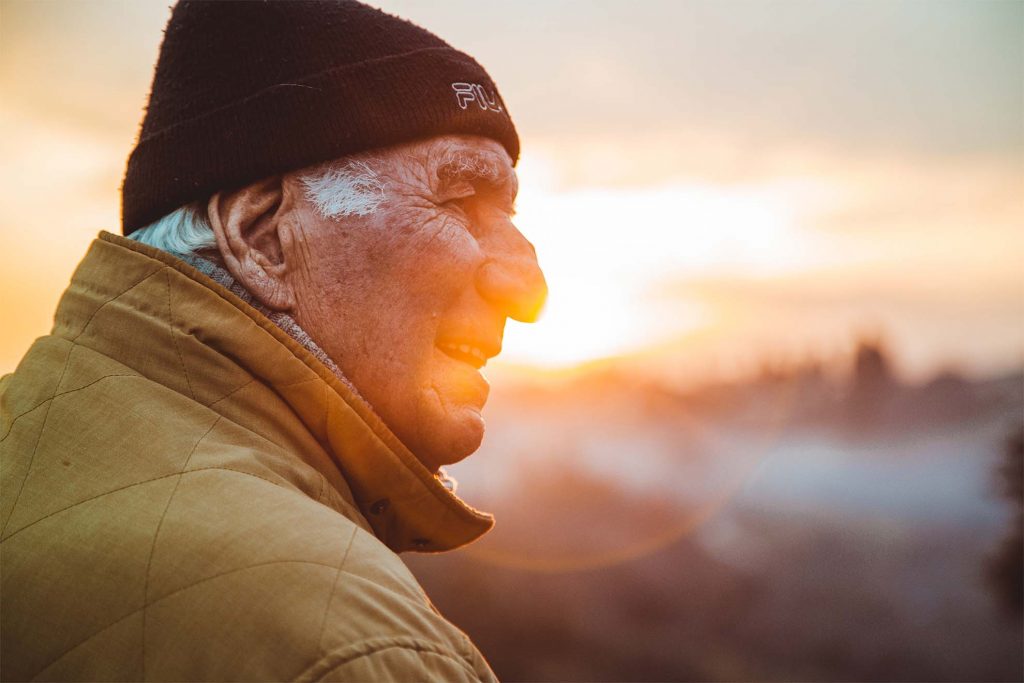
Support & Advice
Keep spirits up by keeping to a usual daily routine as much as possible. When it becomes unsafe to visit friends or family, we recommend phoning or video calling them. Should you need additional support, there are a number of places to reach out to:
Age UK Advice: 0800 169 65 65
Lines are open seven days a week from 8am to 7pm.
GOV.UK
Government website of services and information that includes advice on taking care of yourself in winter.
NHS Website
Web-based information about NHS services, healthy living and health conditions.
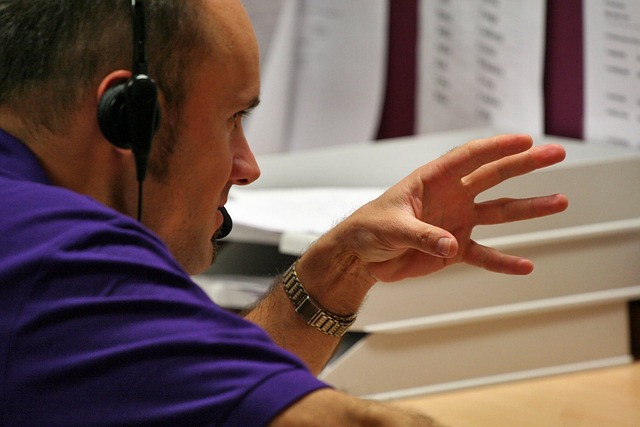
Support at Oakdene Care Home
Oakdene Care Home is here to support those who require help. Our wonderful team is on hand to provide expert advice and we welcome you to get in touch. Our warm and welcoming home provides access to an enriched quality of life where residents are able to live happy and healthy, free from the stresses of day-to-day life.
